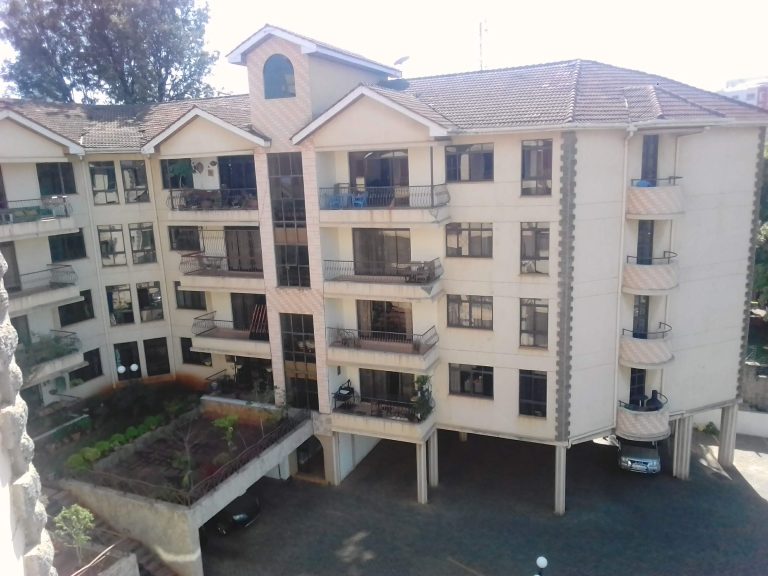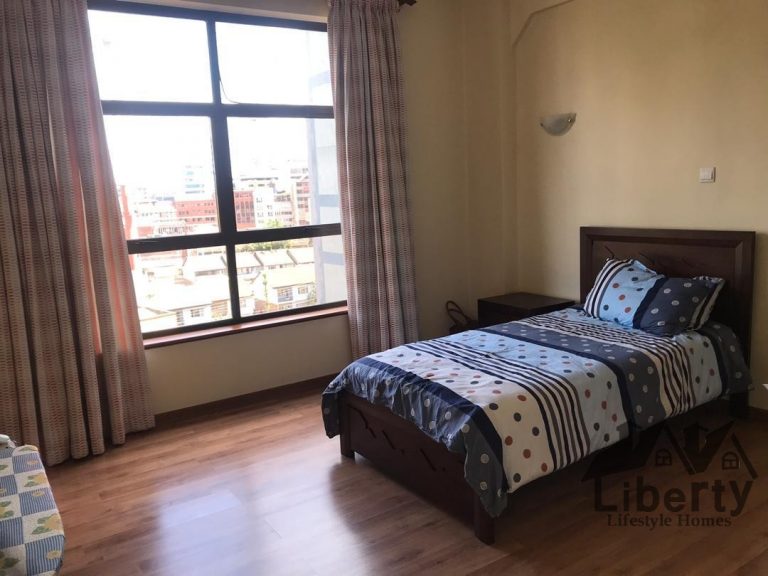Selling and buying a property in Kenya is a balancing act!
The entire process of buying or selling a property in Kenya is complex. It will see you deal and interact with very many people that would include,
- Potential customers or sellers
- Real Estate Agents
- Valuers,
- Bankers and Financiers,
- Lawyers etc.
In this process of interaction, your most important partner will be a realtor. A good realtor will have have expertise that will include knowledge of the local property market and many other dynamics that can save your money and reduce the hassle factors.
As such, choose your realtor very wisely. This will make you avoid being stuck with someone you don’t see eye-to-eye with, or worse, someone you don’t trust. “Don’t work with somebody because they are cheap and they’ll cut their commission,” says Bonnie Fleishman, the 3# realtor in Glen Burnie, Maryland. “Use somebody you feel confident is going to give you the best advice.”
Recently the Kenya real estate market has become a buyers market. To sell a home is taking a median of up to 9 months and even longer for the high niche executive or luxury segments., says Joakim. Before a home goes on the market, a good realtor will recommend necessary design changes, remodeling, and staging. You will likely speak with your agent every day, and when offers start to come in, you’ll speak with your agent several times a day. That’s why you need an all-around amazing realtor who you know you’ll get along with well.
When hiring a real estate agent ensure you Interview several agents before deciding upon one—if they can’t answer some of these questions to your liking, find someone else. When doing background research, you’ll find the answers to a lot of these questions on an agent’s HomeLight profile. For a great example of a helpful, data-fueled agent profile, check out San Francisco’s Ron Abta.
Take this checklist to meetings with your agent or your realtor and don’t settle until all of their answers are to your satisfaction.
25 Questions to ask when hiring a real estate agent
1. Are you Part-Time or Full-Time?
Selling your home especially in this highly competitive buyer market requires great commitment and focus and is best assigned to an agent that is full-time.
2. For How Long Have You Been a realtor?
Experience directly impacts connections, networks, and problem-solving. Experience makes all the difference and will impact how long it takes to sell or buy. The experience of your realtor will directly impact the kind of deal or profit when buying or selling.
3. Can You Provide References?
Just like a license, every listing agent—and home buyers’ agent should arrive at a first meeting with references that are previous customers that can attest to their work. Be wary if an agent has no track record you can verify.
4. What Is Your List-to-Sale(L2S) Price Ratio?
An agent should share with you a verifiable track record that will prove to your they can deliver. The track record should show and compare the price of the homes they have sold to what was their asking price (LIsting Price). A good list-to-price ratio will depend on the market and location, but be wary of percentages too far below 90% and also, if an agents’ ratio is skyrocketing over 100%, be careful of their strategy of underpricing homes.
5. Have You Sold Homes in This Neighborhood?
Communities differ greatly in terms of what types of homes are hot to what buyers want and more. Plus, to sell a home, agents are also selling the neighborhood and its perks. When hiring a real estate agent ensure the agent has experience in your specific neighborhood, This will be a major advantage.

6. Have You Sold Homes in This Price Range?
Price range can dramatically alter decisions for marketing and selling a house. Agents should understand the market, period.
7. What Are Your Listings’ Average Days on Market?
Always ask to see how long their listings sit on the market. Compare it to other agents interviewed, and if theirs is oddly high, ask for an explanation. If they can’t attest to why, find another agent.
8.Can I See Your Real Estate License?
No brainer, right? Always ensure you’re working with a trained, accredited professional. Every listing agent should be prepared to deliver proof of their license to sell in your area. If they can’t deliver, move on because something shady is going on.
9. How Many Sellers Are You Currently Representing?
Focus is also a concern for agents who are juggling several listings. You don’t want to get lost in the shuffle.
10. What’s the Ratio Between Buyers and Sellers You Represent?
Listing agents need to be experienced in, of course, listing. If history shows far more experience on the buying side than the selling, it’s not a deal-breaker, but be comfortable with an agents’ answers for all of the other questions. It could benefit to have a network of eager buyers at the disposal.
11. Will I Be Working With You directly or with a Team?
There’s nothing more frustrating than getting incredibly comfortable with an agent and then seeing someone new at every meeting. A small team is OK—it means more resources and assistance—but get introduced to everyone. Don’t allow your home to be another nameless, faceless listing and When hiring a real estate agent make sure your interests will come first.
12. How Do You Plan to Market the Home?
Every realtor should enter this partnership with a plan—period and When hiring a real estate agent ensure they offer you a realist marketing plan on how they will market your home to prospective clients.
13. Do You Have XYZ in Your Network?
Experienced listing agents should, at a minimum, be able to recommend the following: a lawyer specializing in real estate, mortgage advisor, handyman, home stager, house cleaners, and moving companies. Part of the benefit of working with a realtor is access to their vast network, Fleishman, explains.
14. How much will you charge as commission and how do your realtor fees work?
When hiring a real estate agent don’t accept surprises. Understand ahead of time how you will be paying the realtor. Typically listing agents work under split commission. When the seller pays a listing agent, for example, 6% commission, that agent will split it with the agent who brought the buyer to the home. However, fees should always be negotiable.
Questions to ask after choosing a realtor
Now’s the time to get started selling a house, but it’s not time to stop asking questions. Stay involved in the process, particularly at that first meeting with an agent after selecting him or her.
As Janice Overbeck, one of the most successful agents in the metro-Atlanta market, says, at this point realtors should be the ones asking the questions, but stay in the loop by coming to the table with your own.
15. Can You Explain the Home Selling Process from Start to Finish?
For home-selling novices, the process can seem long and complicated. Feel comfortable understanding the key points along the way—preparing the home, showings, how to manage offers, home inspections, what happens post-accepting an offer, timelines, etc. A realtor should make you comfortable along the way, though always expect the unexpected.
16. What’s the Best Way to Contact You?
A realtor should never be out of touch, within reason.
17. Can I See a Written Comparative Market Analysis?
A CMA is step one of determining a price for the house. It examines the neighborhood, showing prices at which similar properties sold. If you want to see an in-depth view into how one of these comparative market analyses are done, we found a pretty good run-down on Fit Small Business.
18. What Price Will Sell This House?
“They ask that question but they don’t always believe me,” top Los Angeles real estate Todd Jones says. “The worst thing you could do is overprice a home.” A No nonsense, a realtor should tell it like it is. If you’ve followed the first 14 checklist questions and chosen someone you trust, now’s the time to listen.
19. What Do You Believe Will Sell This Home?
Jones believes this is the second most important question to ask a realtor. Ditto to question 18. When it’s a trusted relator, this should be easy advice to follow, even if it may be hard to hear—i.e. a remodel, removing all family photos, a new roof, painting over a beloved mural, etc.
20. How Can We Best Work Together to Sell This House?
The agent-seller relationship is a partnership. When hiring an real estate agent please ask what you can do to help.
21. What Can I Do to Get This House Ready for Showings?
Selling a home can sometimes be a full-time job for sellers, too, to keep a house spic and span for home showings, Fleishman says.
“I remind sellers they have to get up early, they have to make their beds and put the dishes in the dishwasher,” Fleishman says. “If they want to get top dollar for their house, they have to be in top condition.”
22. Do I Need Professional Stagers for My Home?
A realtor will come up with a plan for showings about how the house should look. That might include professional stagers—which a good agent will provide for free, Overbeck reminds sellers.
23. What Should I Already Be Packing Up?
Preparing for a listing and then showing the home will almost always include the sellers removing personal property from the home, whether a professional stager is involved or not.
Ask what the realtor believes should go—the clutter of children’s toys, the wall full of family photographs, the bed from a room that will be staged as an office—and get a head start on packing for the move.
24. What Are The Closing Costs?
Be prepared for the upfront costs sellers may need when closing on a home offer. The total costs will depend on the buyer’s offer, but an agent should be able to estimate the money sellers need on hand. They can include attorney fees, title fees, broker commission, appraisal fees, and more.
25. What Kind of Guarantee Do You Offer?
Will the agent let you cancel the listing or buying agreement if you sign only to realize later that you’re unhappy with the arrangement? Will the agent stand behind their service to you? What is their company’s policy about canceled agreements? Has anybody ever canceled an agreement with her before?
Time to Start Asking Questions, Better Find a Good Agent
So, how do you know what agents to interview in the first place? The first step should involve researching top agents in your area to get their background information and find accredited professionals.
Luckily, in today’s modern era, much of this information—agent names, stats, experience, reviews, and more—can be found online, or you could just talk to one of our realtor experts.
Once you draw up a solid list of reliable names, the interview process can begin, and soon you’ll emerge with a listing agent you can trust.




